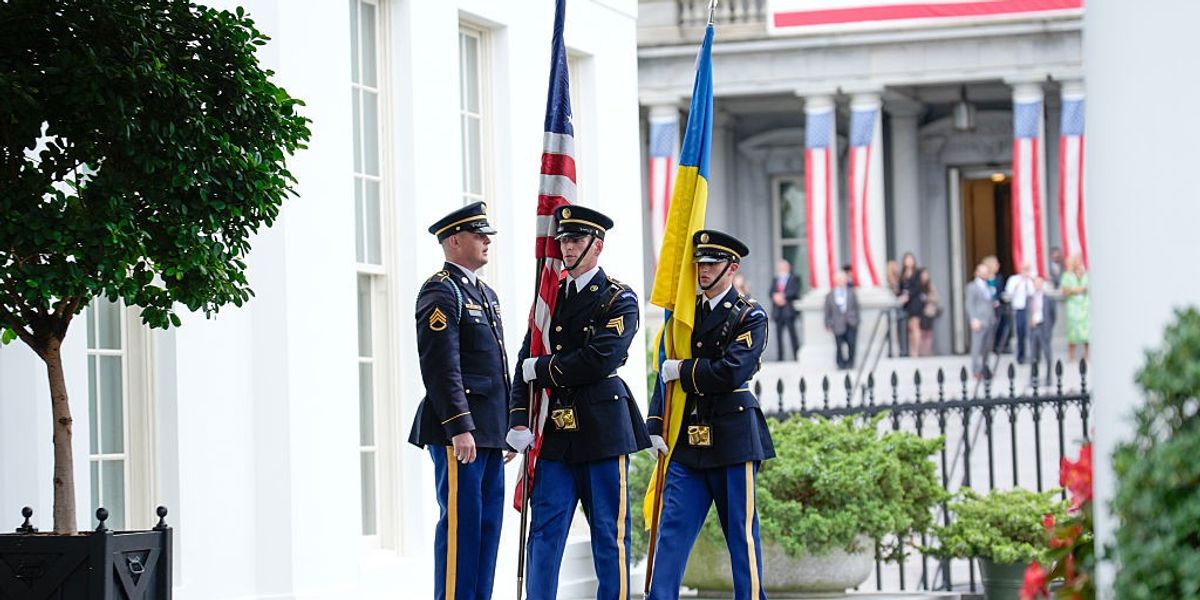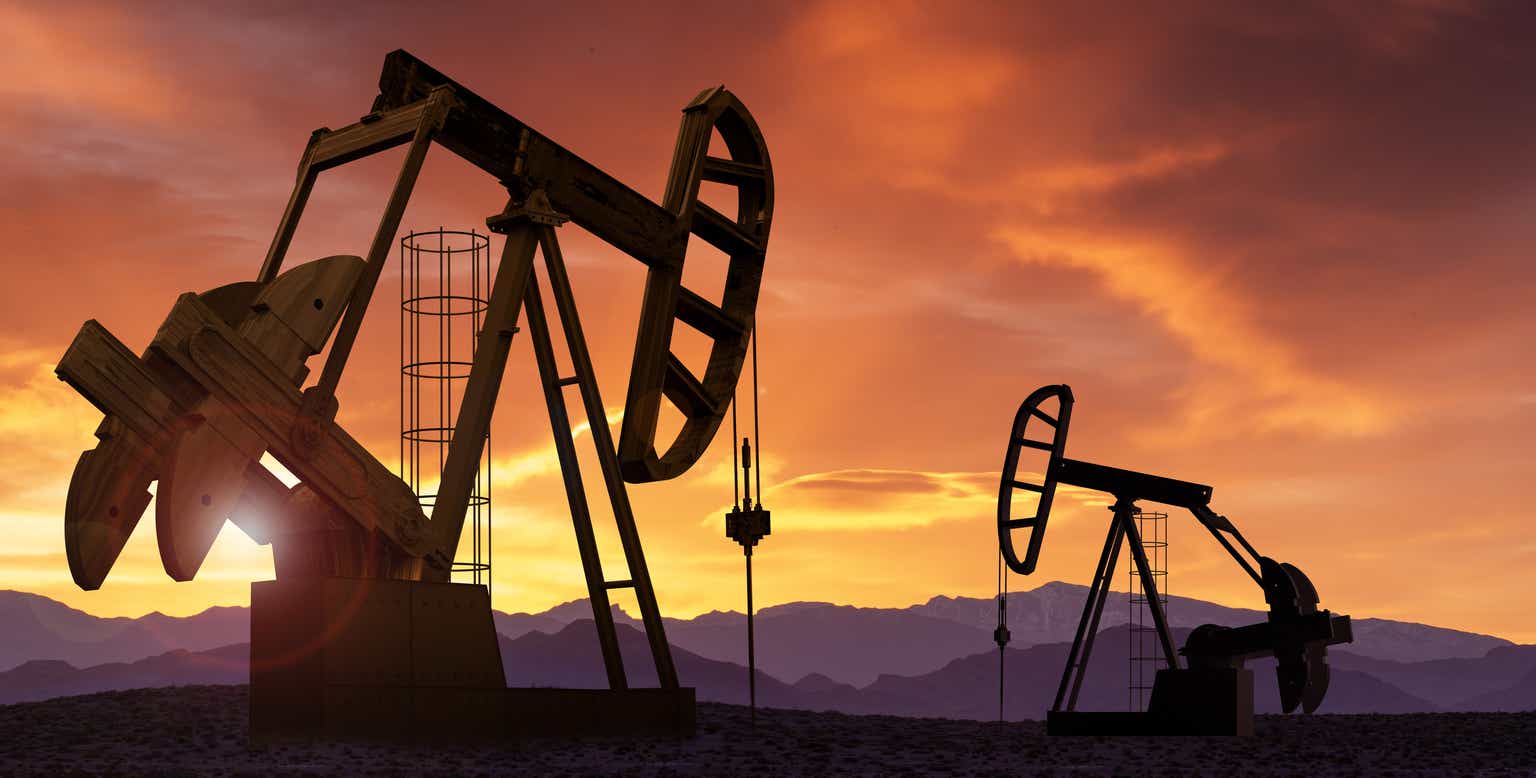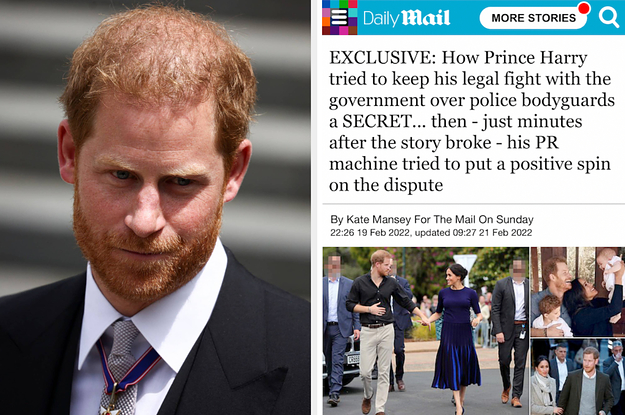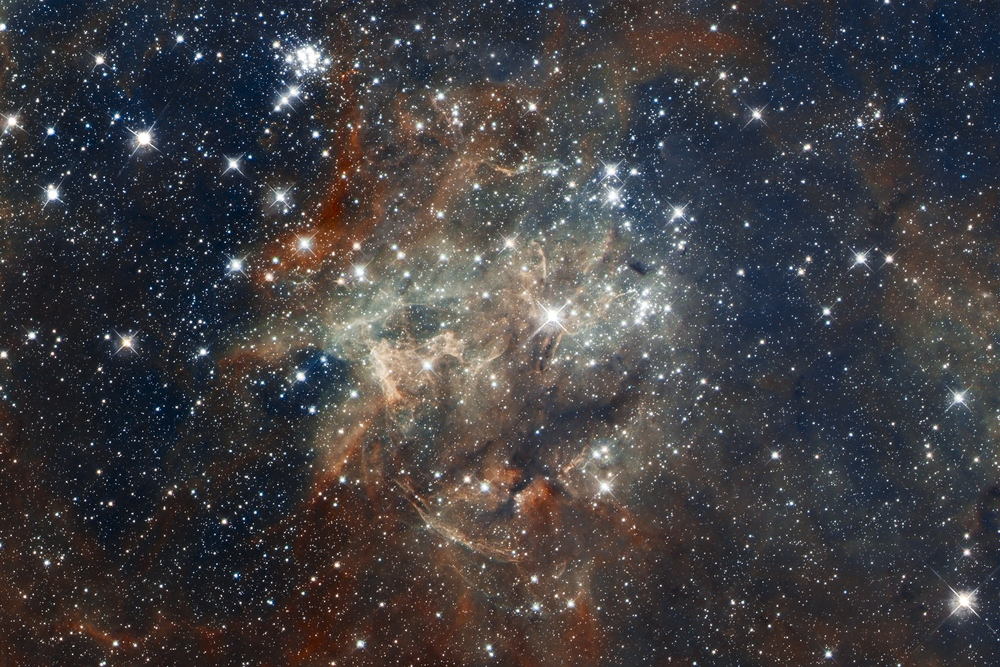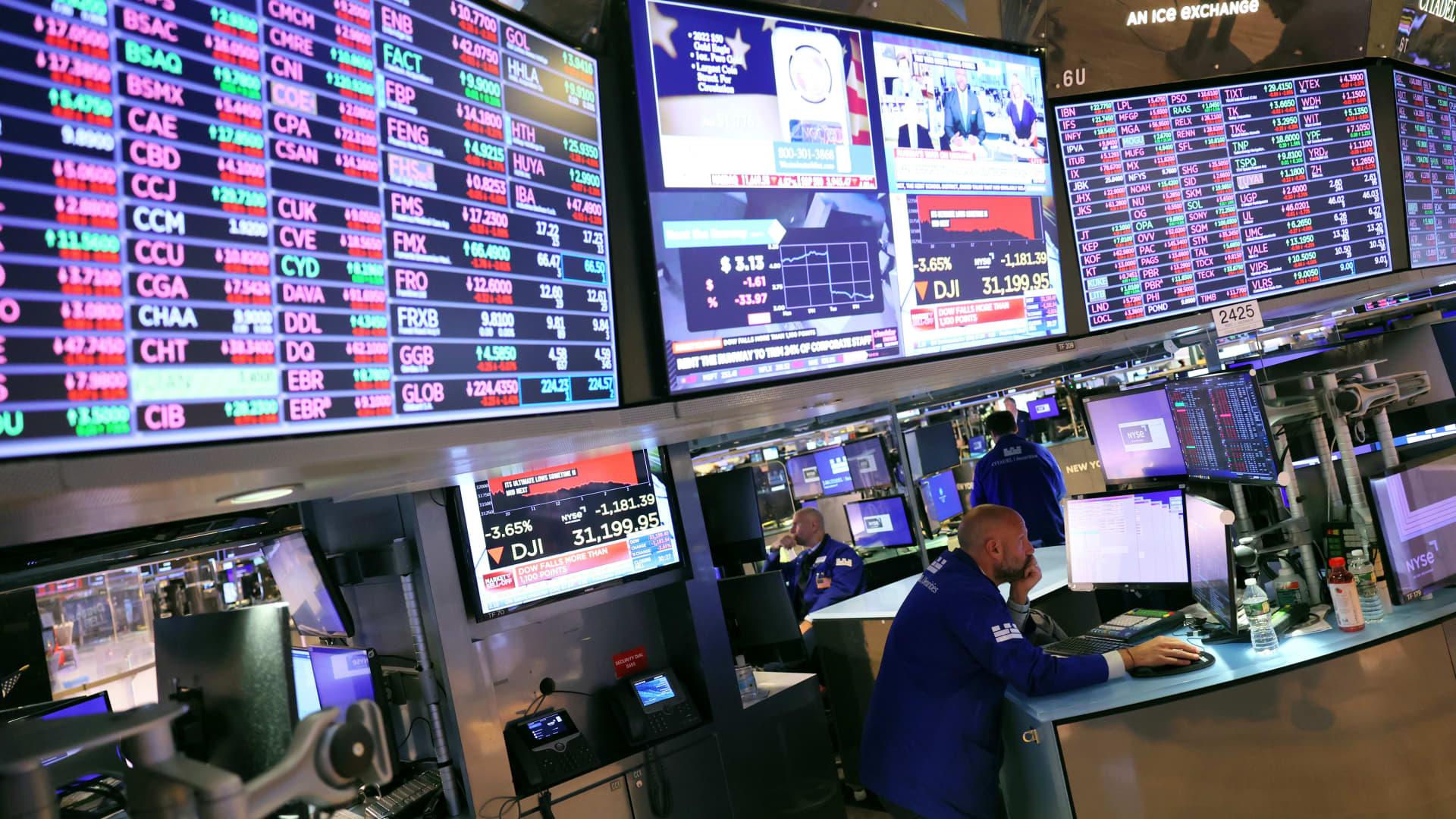A major explosion destroyed parts of the only bridge connecting Russia and Crimea, temporarily cutting off a critical supply route for Russian President Vladimir Putin’s forces and representing another potential escalation of the Ukraine war. Though the bridge has since reopened, it’s still a severe blow to Russian morale as the tide of the war continues to turn against them.
A truck driving towards Crimea exploded on the Kerch Bridge Saturday morning, igniting fuel tankers as a freight train passed by and killing three people, according to Russian authorities. Video shows that parts of the bridge had collapsed and were burning intensely.
Reported footage of the moment of the explosion. Lots of speculation circulating about the cause — from a squad of Ukrainian sappers or a missile, or a truck bomb. Whatever the case, a blow to Russia – psychologically and logistically. pic.twitter.com/mzwBCP0ygH
— Nolan Peterson (@nolanwpeterson) October 8, 2022
Ukrainian officials haven’t claimed responsibility for the explosion, but have publicly celebrated it. “Sick burn,” tweeted the Ukrainian government. The country’s defense ministry compared the attack to the sinking of Russia’s Moskva missile cruiser in April in a tweet: “The guided missile cruiser Moskva and the Kerch Bridge — two notorious symbols of russian power in Ukrainian Crimea — have gone down. What’s next in line, russkies?”
On Saturday, Sergei Askyonov, the Russian-installed head of Crimea, posted on social media that his administration would be launching a probe into the cause of the attack and raised the terrorist threat level in the region to “yellow,” signifying that it was high.
Mykhailo Podolyak, an advisor to Ukrainian President Volodymyr Zelenskyy, seemed to suggest that Russian actors were behind the attack, noting that the truck with the explosives had come from the Russian side of the bridge. Ukraine, however, has previously denied involvement in other Russian sabotage operations, including the assassination of the daughter of a prominent Russian nationalist, which US intelligence agencies later said they believed was authorized by the Ukrainian government.
The collapse of the bridge is a limited strategic loss for Russian forces who have taken control of most of southern Ukraine’s Kherson region. Road traffic has since been restored in an undamaged lane, and rail traffic is also expected to resume Saturday night. There are also alternative boat routes across the Kerch Strait through the Ukrainian city of Melitopol, which has been occupied by Russia since the early days of the war.
But it’s a major symbolic loss. The bridge was inaugurated by Putin just four years ago, touted as impossible to attack based on 20 different defenses protecting it, and has served as a physical monument to Russia’s illegal annexation of the Crimean peninsula in 2014. “This is a massive influence operation win for Ukraine. Even if they didn’t do it, it is a demonstration to Russians, and the rest of the world, that Russia’s military cannot protect any of the provinces it recently annexed,” Mick Ryan, a retired Australian Army major general and Center for Strategic and International Studies adjunct fellow, tweeted.
It may also make it more difficult for a weakened, desperate Putin to continue to assure his people that the war is going his way.
The bridge explosion could escalate the war
The bridge explosion comes at a delicate moment when Putin is licking his wounds from a series of military losses.
In early September, Ukraine launched a successful counteroffensive in which they reclaimed large swaths of territory in the northeastern Kharkiv region and in parts of the southern Kherson region, forcing Russian soldiers to flee and abandon their military equipment.
Though Russian elites have not dared criticize Putin for those losses or the objectives of the war directly, they have publicly voiced their frustration with the nation’s military brass. One official, the head of the lower house of parliament’s defense committee, said the army should “stop lying” in their daily briefings about the Russian retreat. Multiple top military commanders have since been dismissed.
Increasingly backed into a corner, Putin has begun to escalate his rhetoric. In late September, Russia held staged referenda in four Ukrainian regions partially occupied by Russian troops — Donetsk, Luhansk, Zaporizhzhia, and Kherson — on formally joining Russia. The US and Western allies have refused to recognize these sham votes, in which ballots were cast at gunpoint. But Putin has threatened to use “all forces and means” to defend these territories.
He also recently announced a partial mobilization of up to 300,000 additional troops, though hundreds of thousands of Russian men have fled the country to avoid being drafted, and US military officials say they have yet to observe those forces being deployed en masse.
In the wake of the bridge explosion, Russian war hawks have urged Putin to step up military tactics even further by targeting Ukrainian infrastructure without concern for loss of civilian life, arguing that he needs to harness fear to force the Ukrainians into submission.
President Joe Biden raised concerns earlier this week that Putin has no “off-ramp” that would allow him to end the war and still save face, warning that the world is now closer to nuclear “Armageddon” than at any time since the Cuban Missile Crisis during the Cold War. (European leaders, however, have argued that Putin’s only option should be withdrawing from Ukraine entirely.)
The attack on the Kerch Bridge is another major publicity blow for Putin that could make it even less palatable for him to exit Ukraine. If there were an off ramp for Putin, it may now be lying in the sea:



